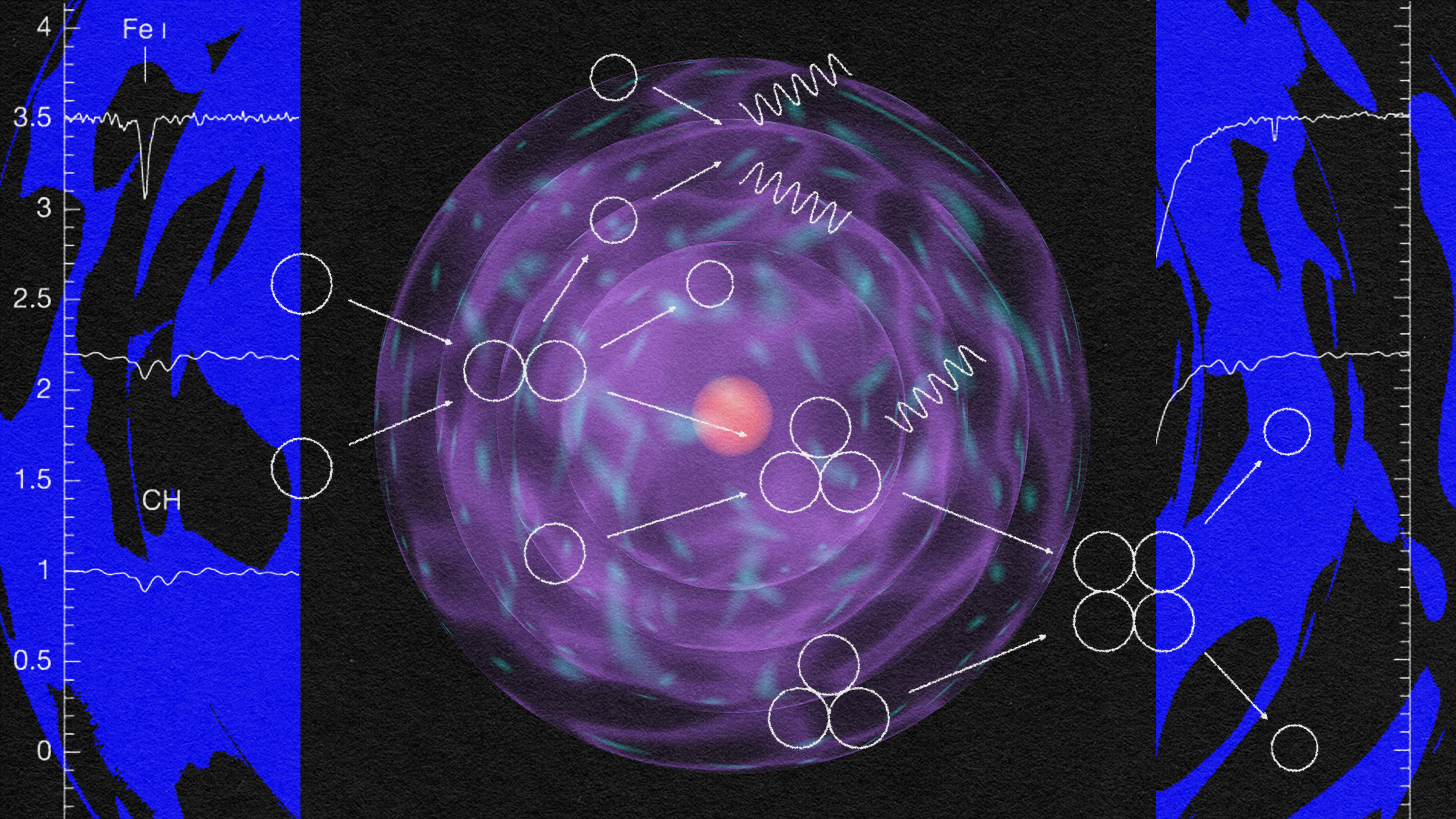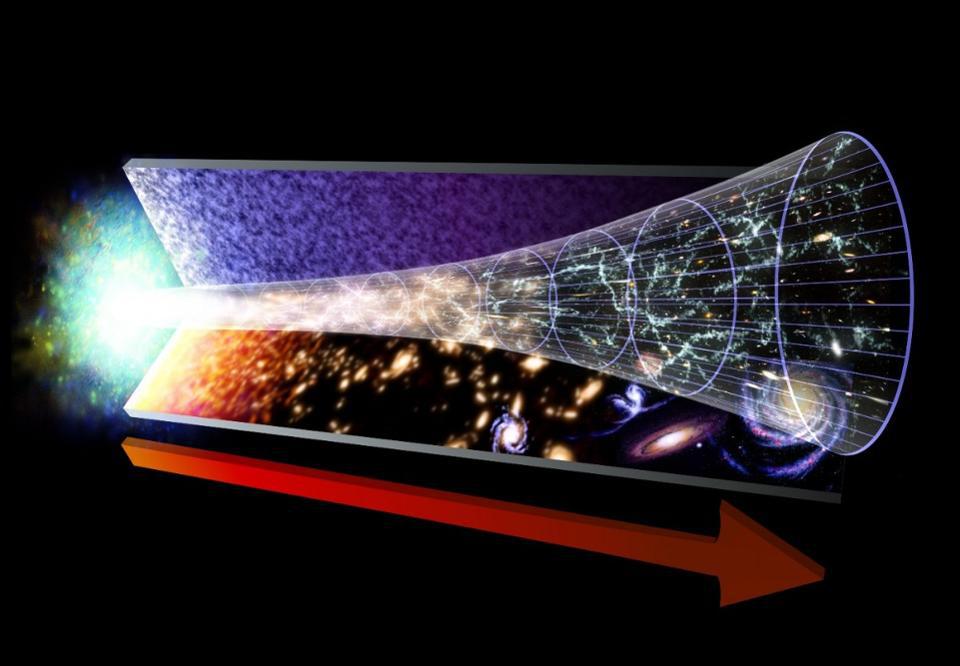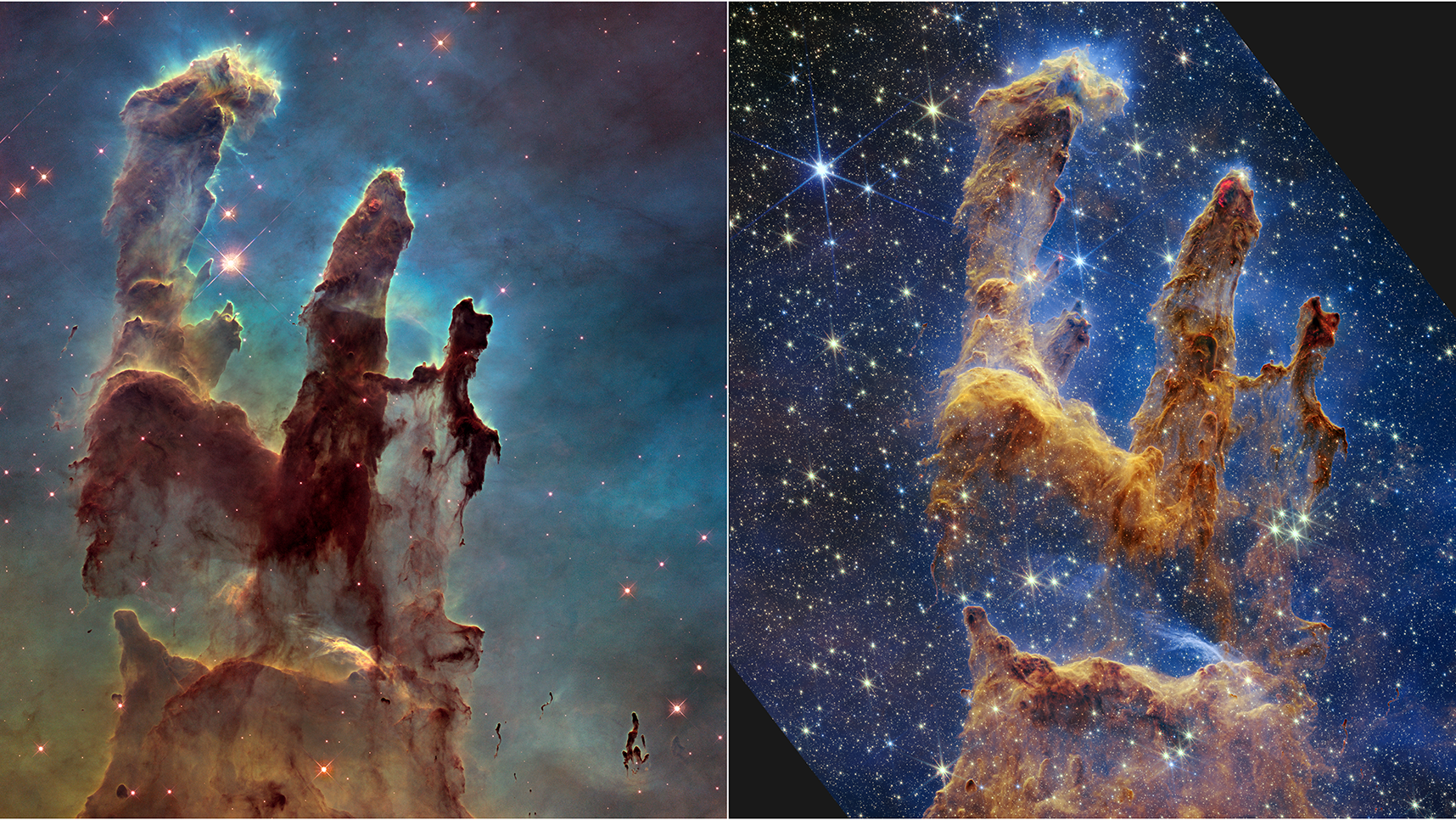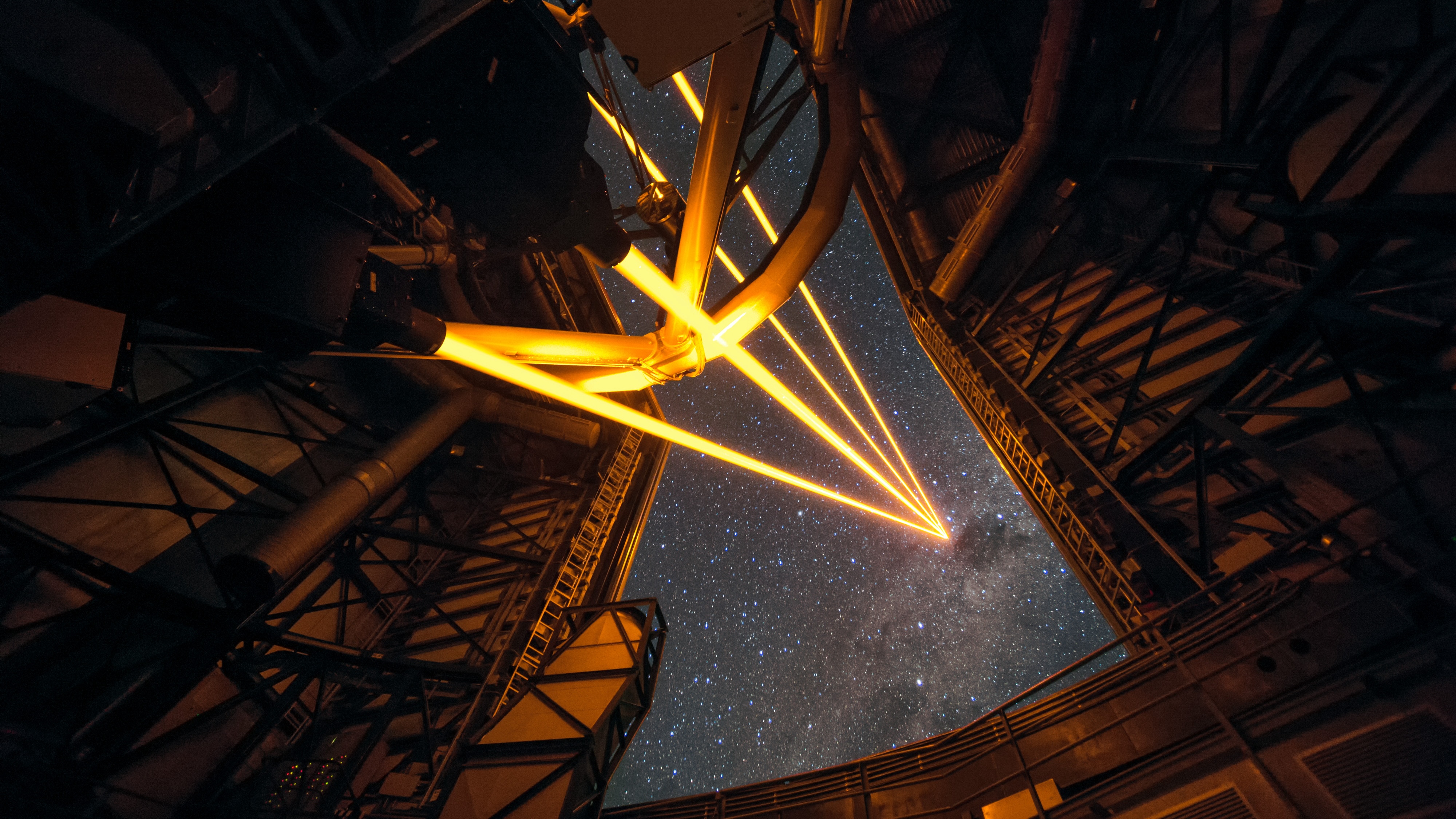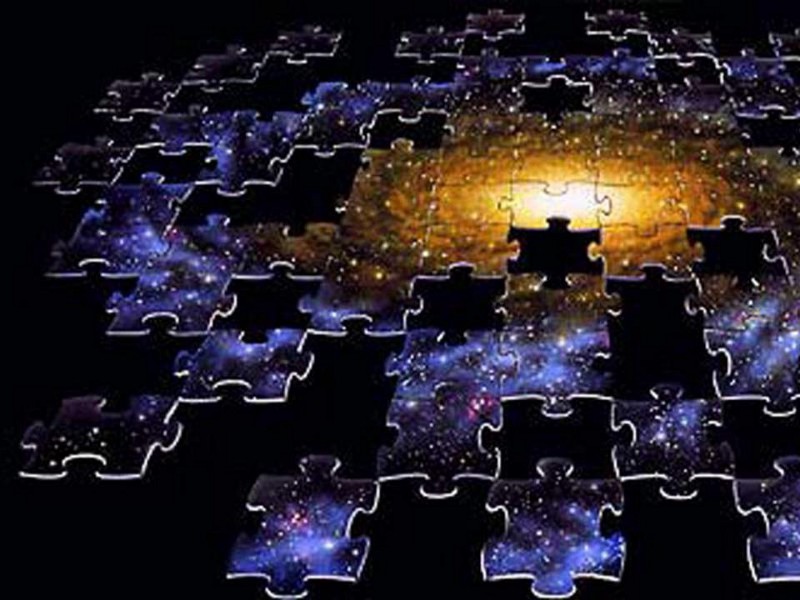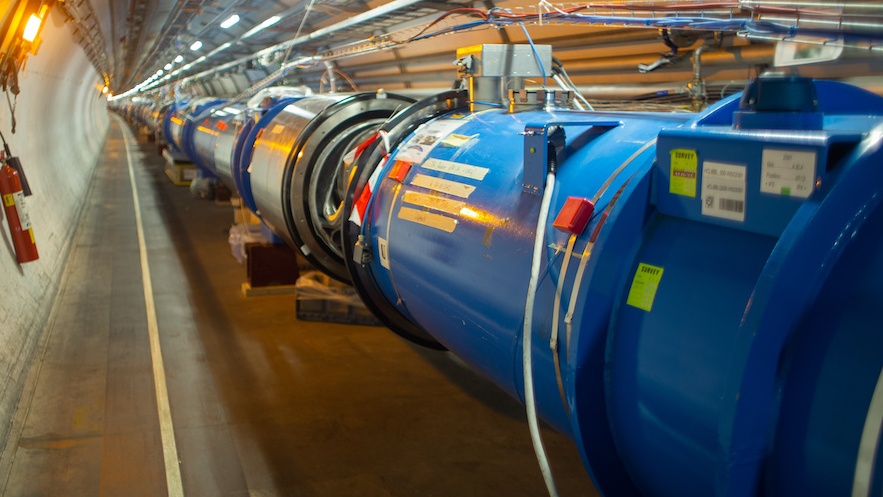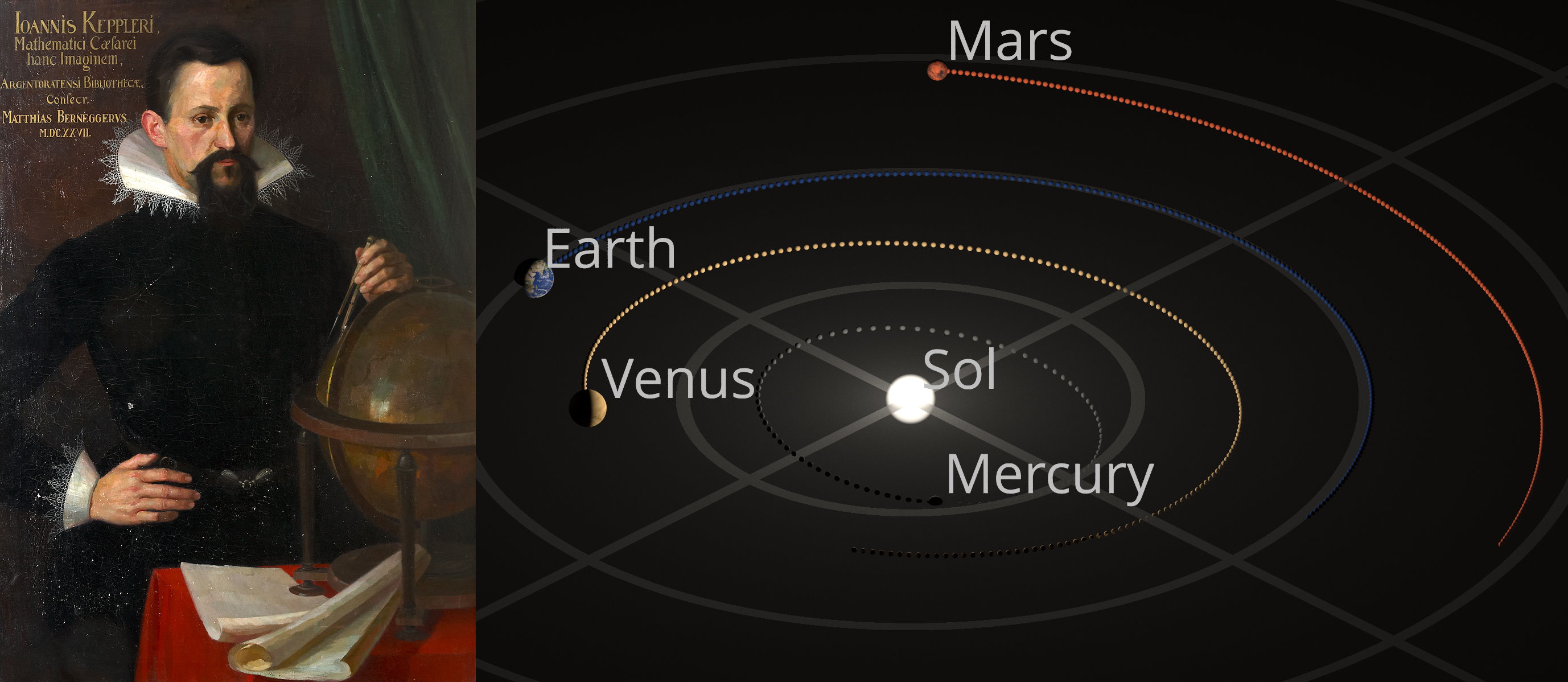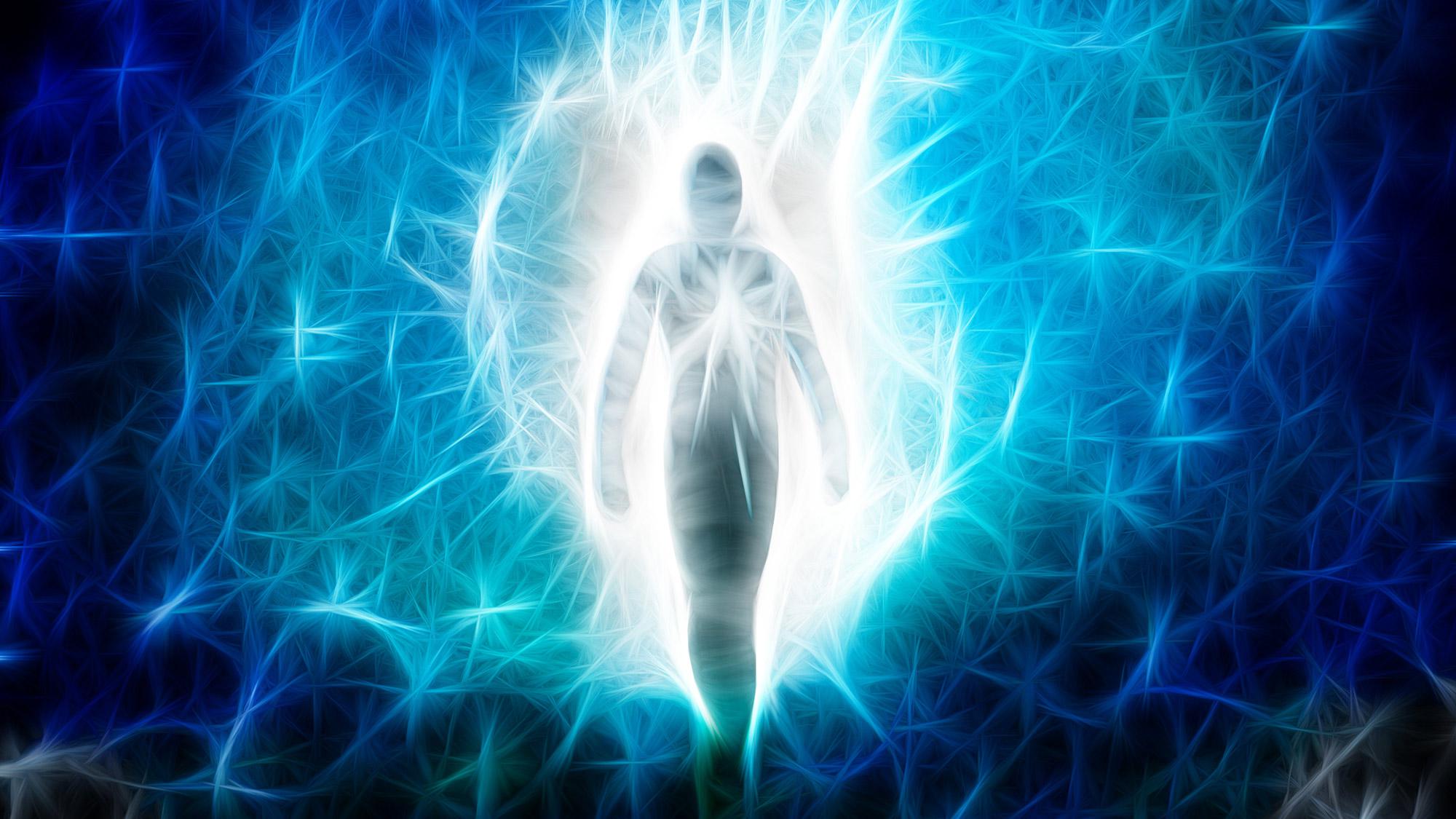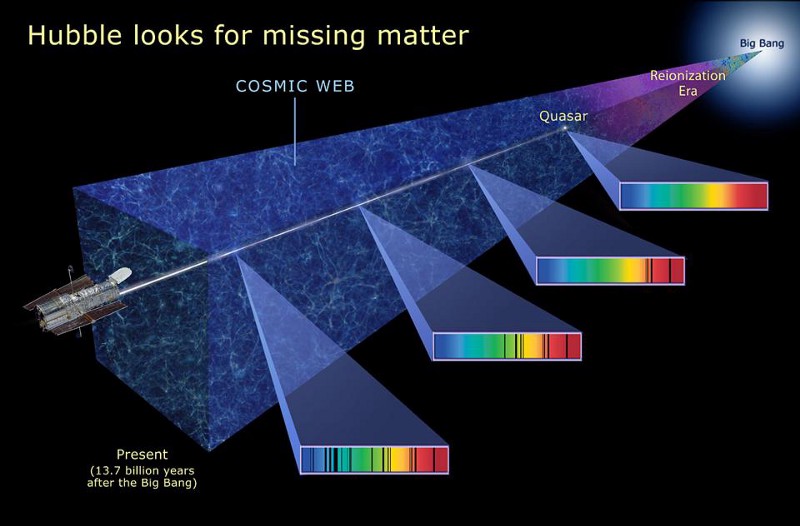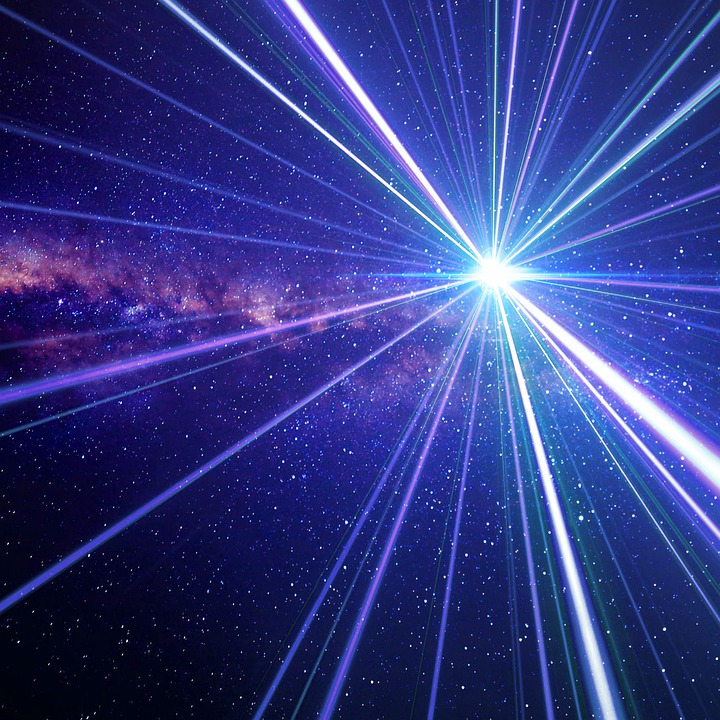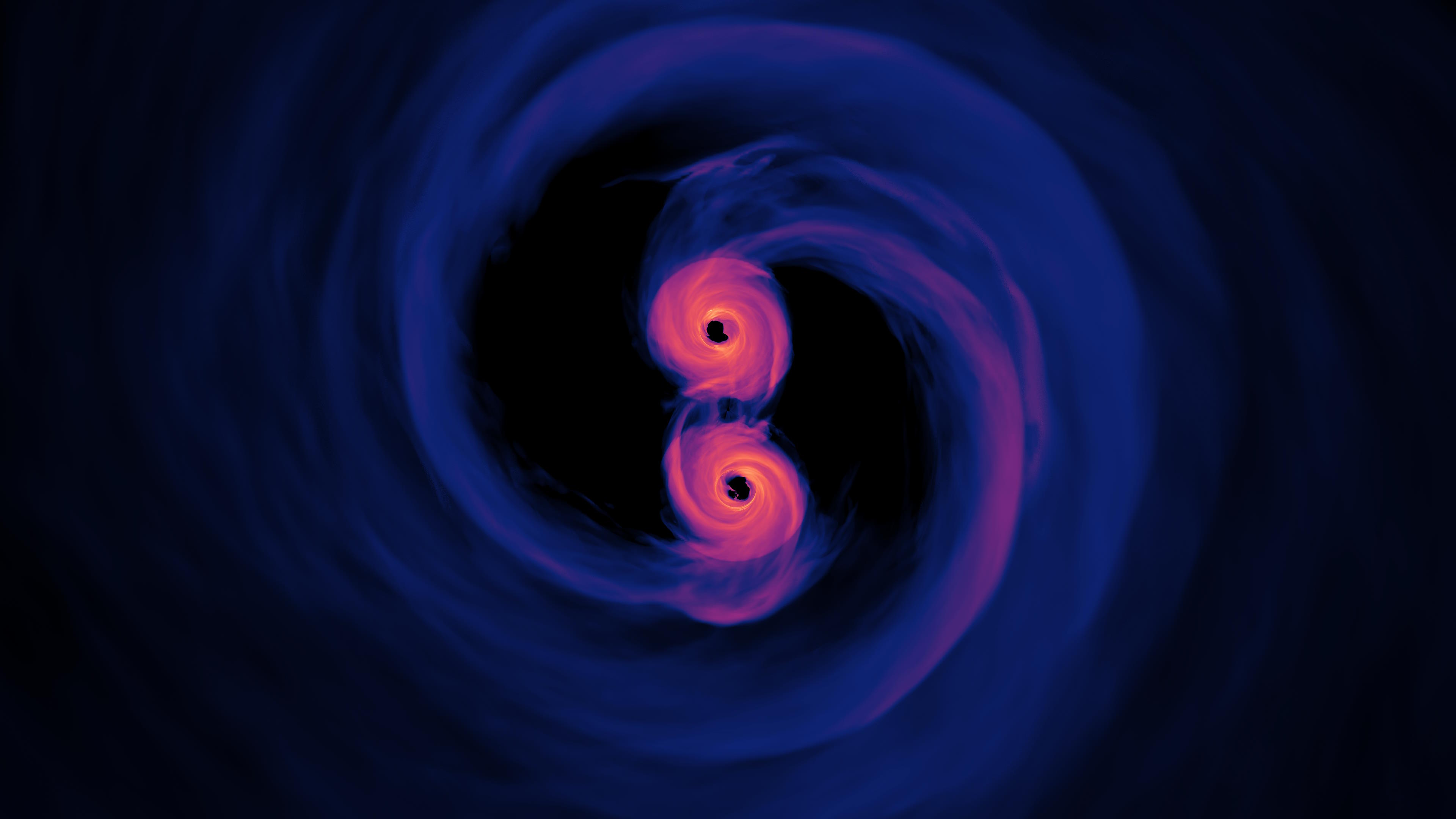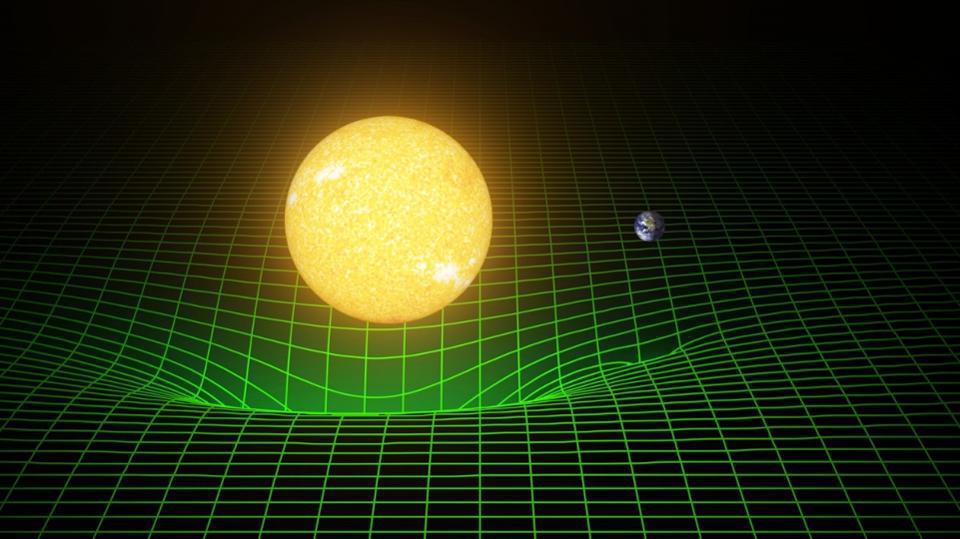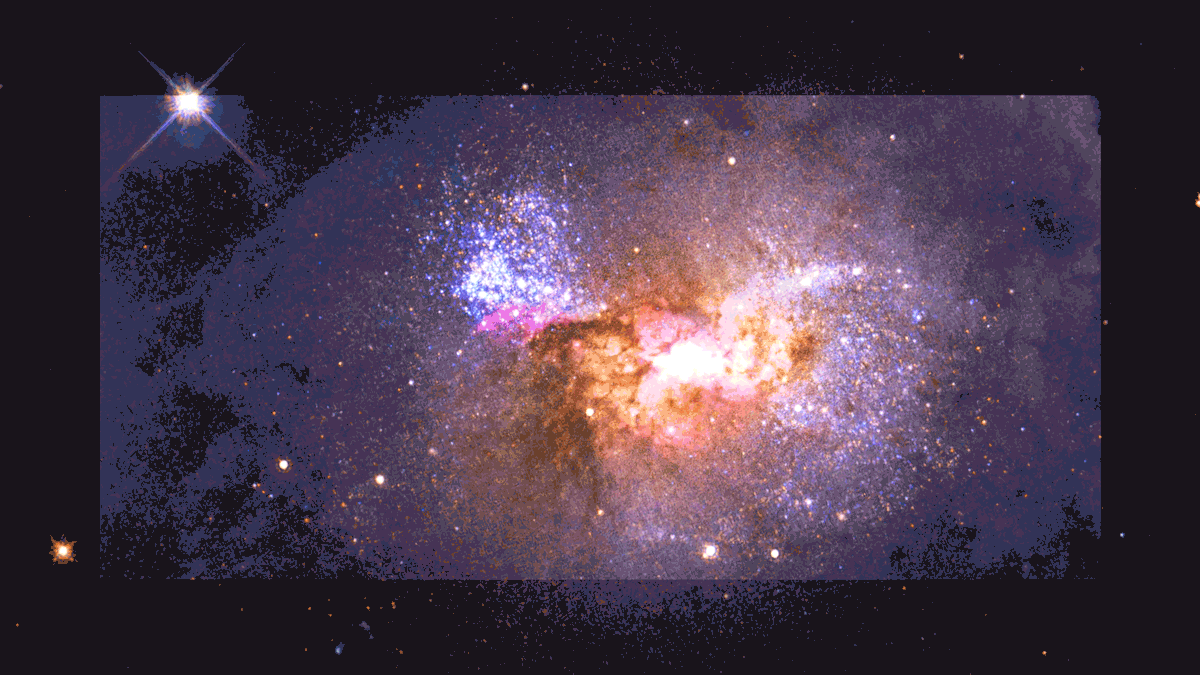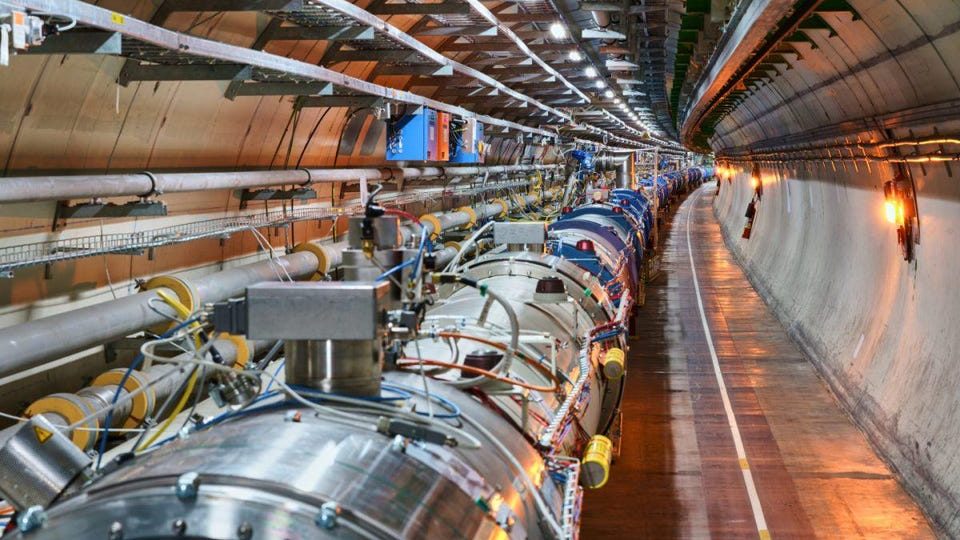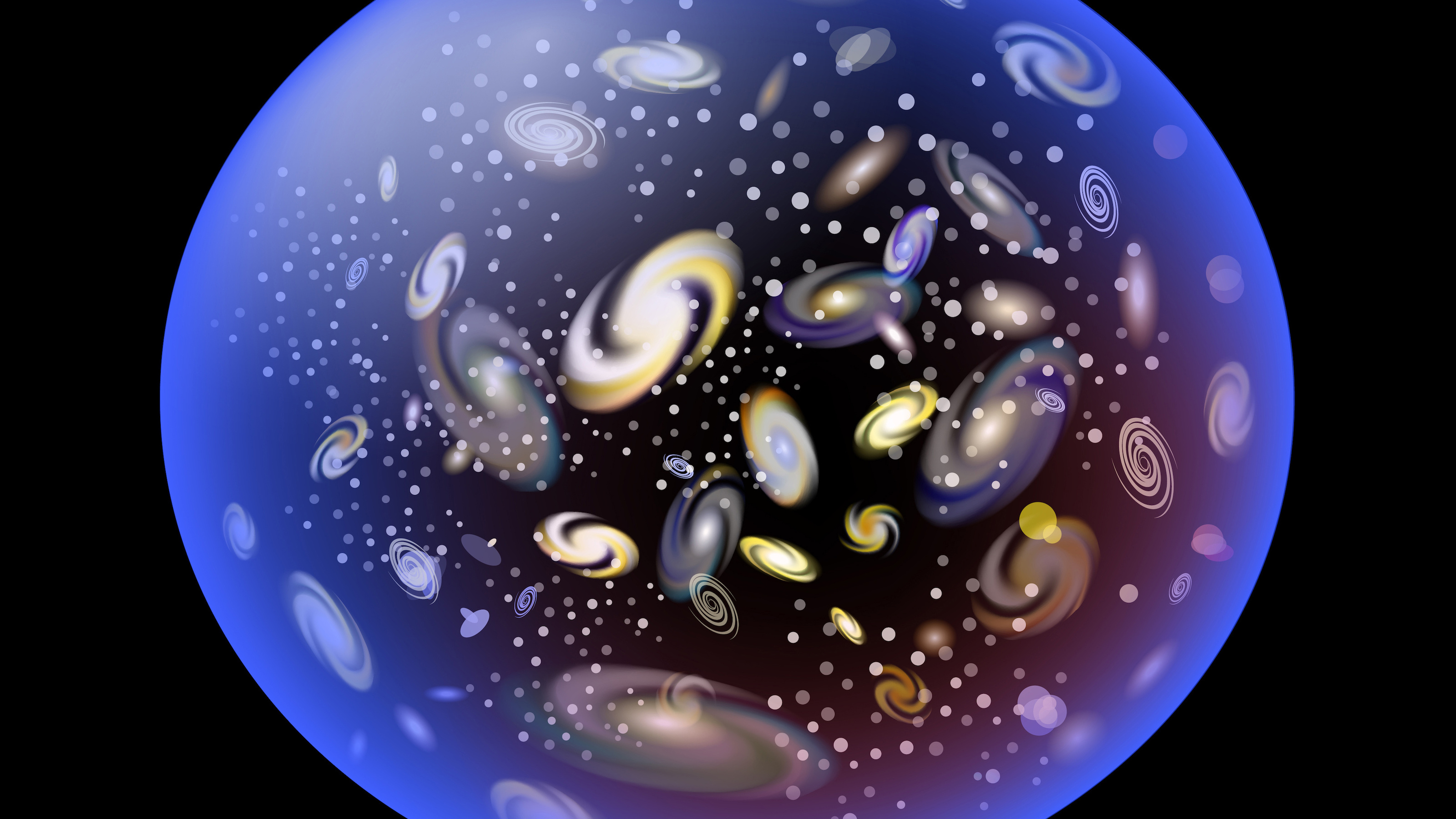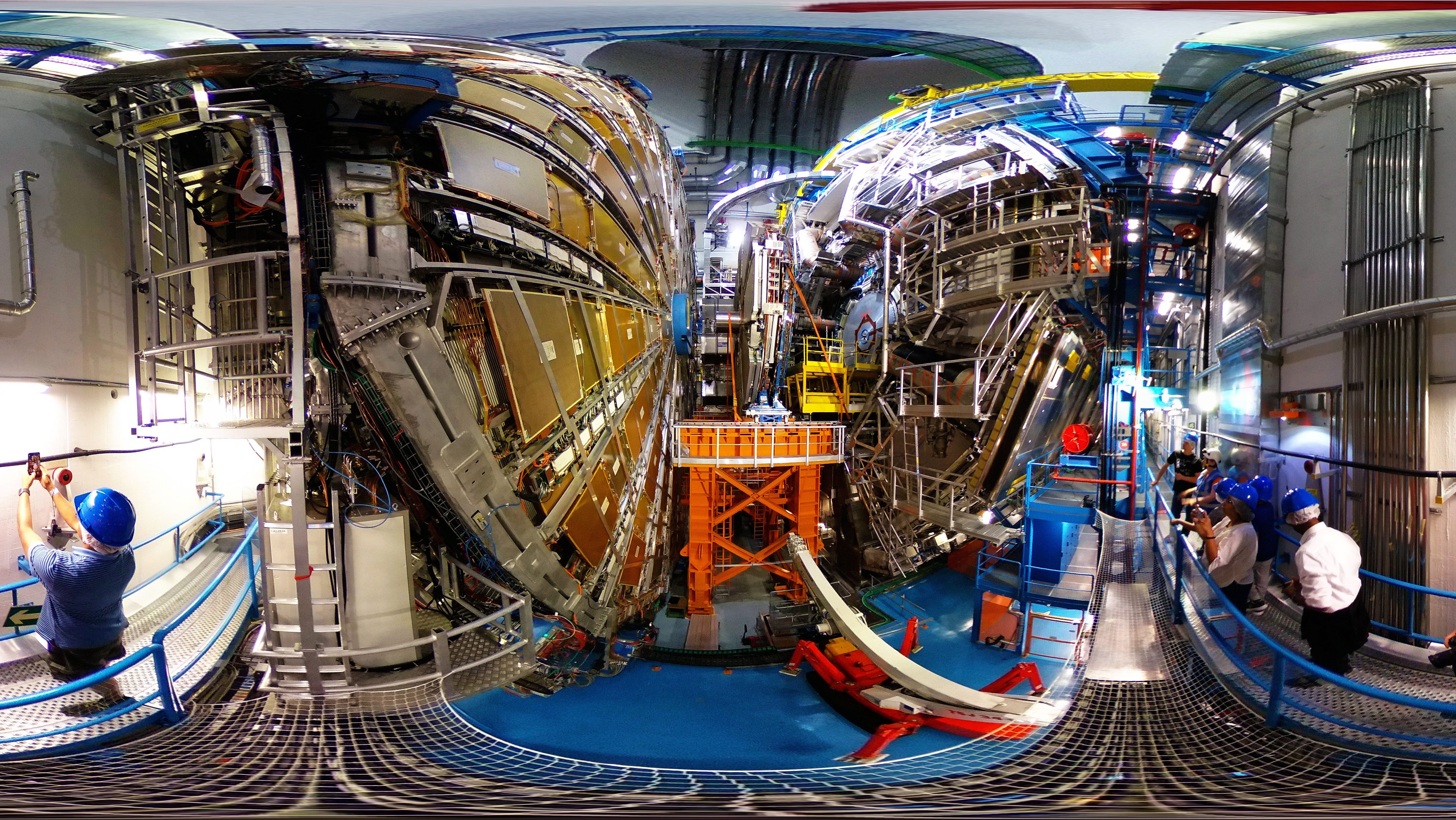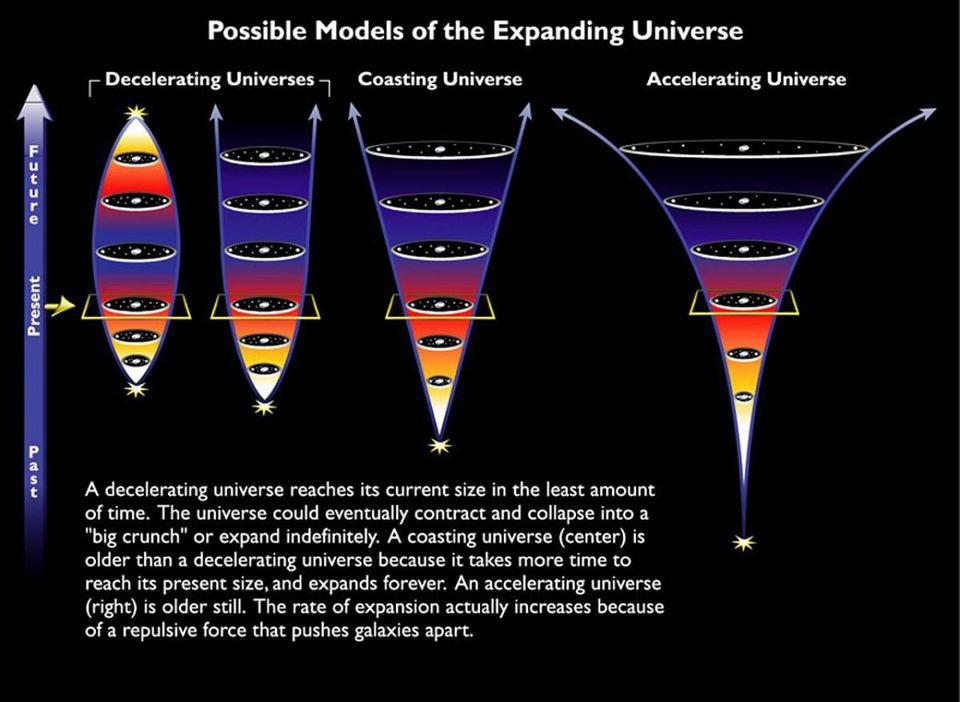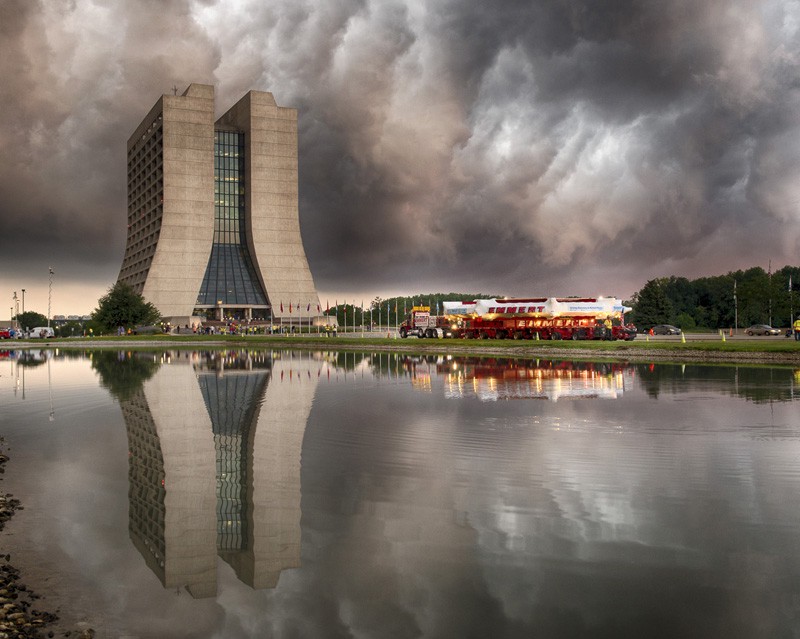The first elements in the Universe formed just minutes after the Big Bang, but it took hundreds of thousands of years before atoms formed.
Search Results
You searched for: quantum
In the 20th century, many options abounded as to our cosmic origins. Today, only the Big Bang survives, thanks to this critical evidence.
The most common element in the Universe, vital for forming new stars, is hydrogen. But there’s a finite amount of it; what if we run out?
Everything else in the universe is either a particle or field. Dark energy behaves as neither, and it may be a property inherent to space itself.
Yes, the Universe is expanding, but if you’ve ever wondered, “How fast is it expanding,” the answer isn’t in terms of a speed at all.
There are so many problems, all across planet Earth, that harm and threaten humanity. Why invest in researching the Universe?
When you don’t have enough clues to bring your detective story to a close, you should expect that your educated guesses will all be wrong.
Lasers, mirrors, and computational advances can all work together to push ground-based astronomy past the limits of our atmosphere.
We can describe what we see happening, but we don’t understand why. Despite our vast cosmic knowledge, enormous unknowns remain. The quantum fluctuations inherent to space, stretched across the Universe […]
A next-generation LHC++ could cost $100 billion. Here’s why such a machine could end up being a massive waste of money.
When people pick the greatest scientist of all-time, Newton and Einstein always come up. Perhaps they should name Johannes Kepler, instead.
Even if a leading theory of consciousness is wrong, it can still be useful to science.
The whole isn’t greater than the sum of its parts; that’s a flaw in our thinking. Non-reductionism requires magic, not merely science.
The idea of “absolute time” was our default for millennia. But time is relative, as gravity and motion both cause time to dilate.
Dark matter has never been directly detected, but the astronomical evidence for its existence is overwhelming. Here’s what to know.
Dark matter’s hallmark is that it gravitates, but shows no sign of interacting under any other force. Does that mean we’ll never detect it?
If it weren’t for a subatomic quantum rule, our Universe would be vastly different. In many ways, our views of the distant Universe are the closest things we’ll ever get […]
The same (former) NASA engineer who previously claimed to violate Newton’s laws is now claiming to have made a warp bubble. He didn’t.
Our thermodynamic arrow of time explains why the entropy of any isolated system always increases. But it can’t explain what we perceive.
Gravitational waves carry enormous amounts of energy, but spread out quickly once they leave the source. Could they ever create black holes?
Neuroscientist Christof Koch on human minds, AI, and bacteria.
Figuring out the answer involved a prism, a pail of water, and a 50 year effort by the most famous father-son astronomer duo ever.
Mathematically, it is a monster, but we can understand it in plain English.
The first stars in the Universe were made of pristine material: hydrogen and helium alone. Once they die, nothing escapes their pollution.
CERN’s Large Hadron Collider is the most powerful particle accelerator ever. To go even further, we’ll have to overcome something big.
Science cannot help us understand or describe first-person experience. Zen koans are a powerful form for helping us reach that description.
The mutual distance between well-separated galaxies increases with time as the Universe expands. What else expands, and what doesn’t?
With new W-boson, top quark, and Higgs boson measurements, the LHC contradicts earlier Fermilab results. The Standard Model still holds.
Dark energy is one of the biggest mysteries in all the Universe. Is there any way to avoid “having to live with it?”
The mismatch between theory and experiment is anything but certain. The most exciting moments in a scientist’s life occur when you get a result that defies your expectations. Whether you’re a […]
